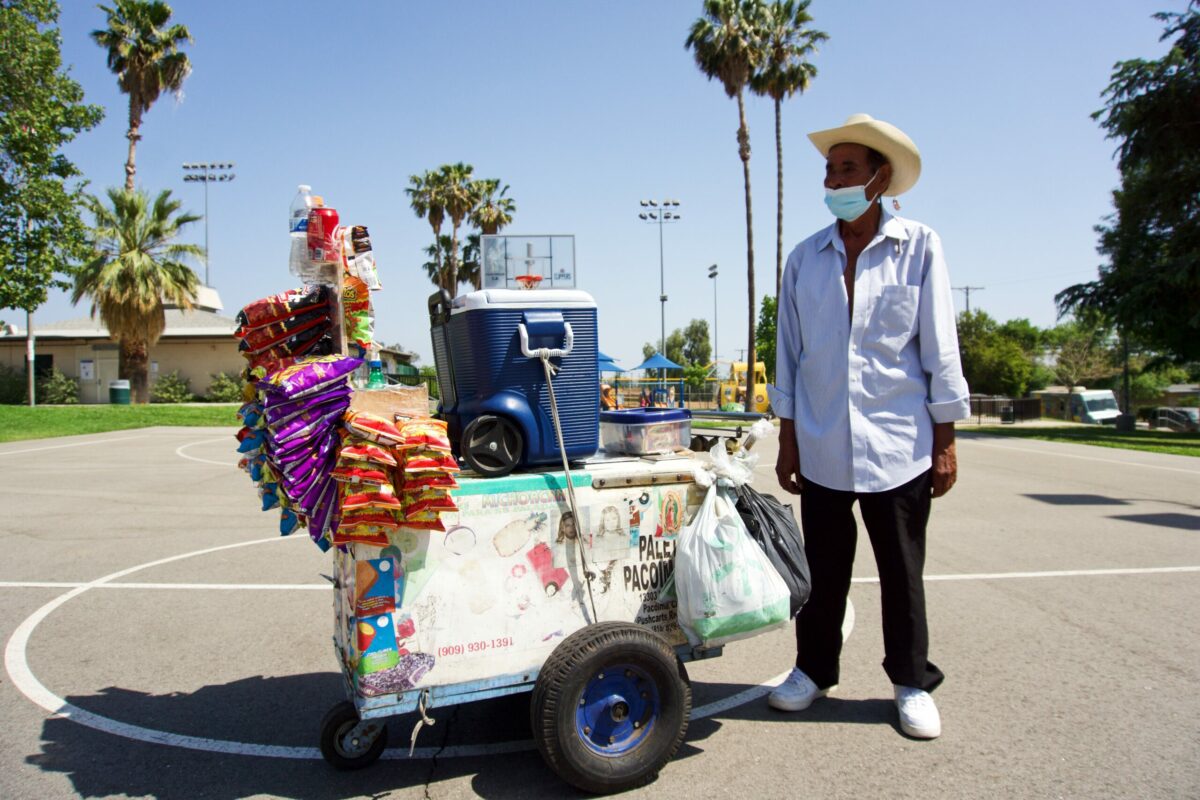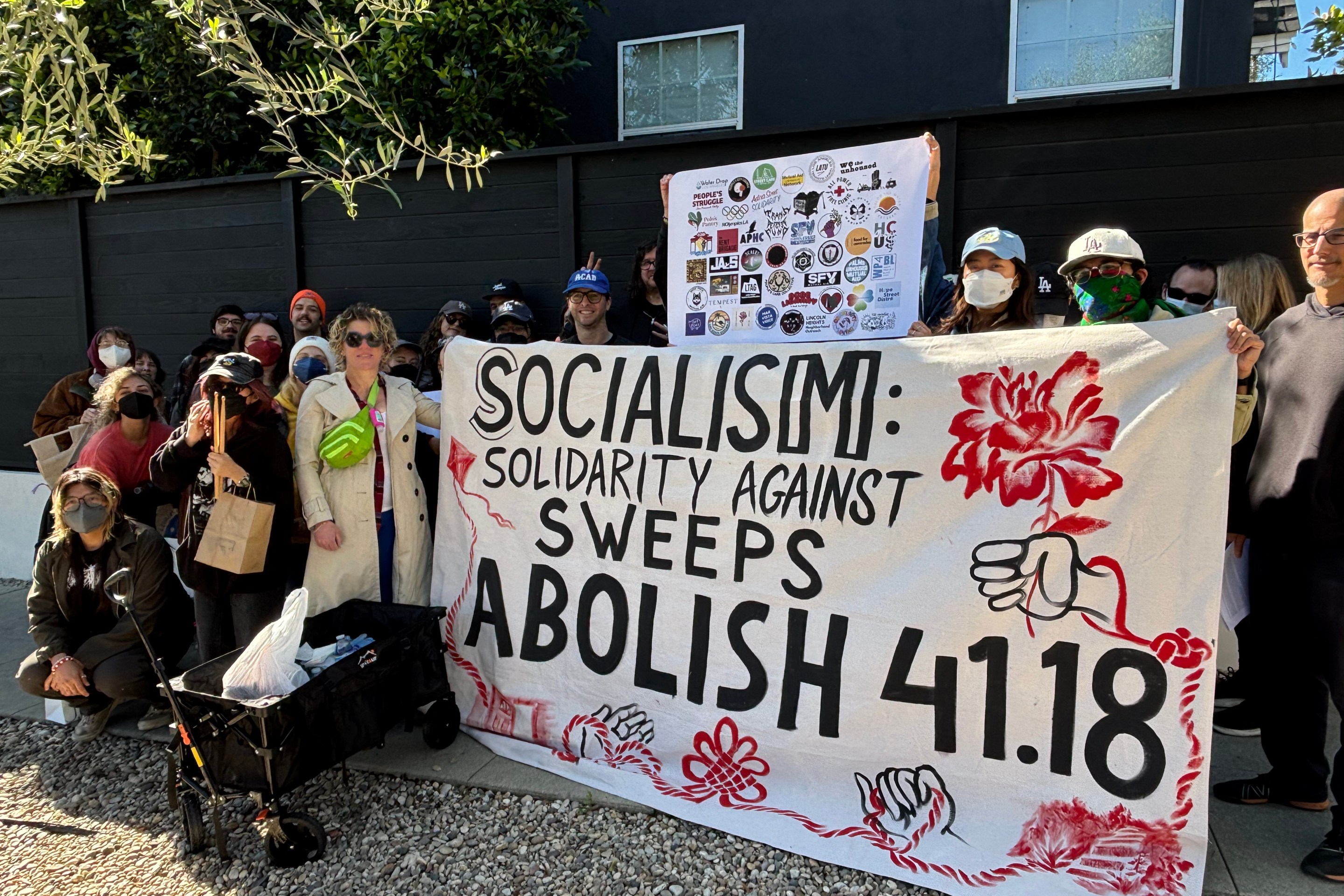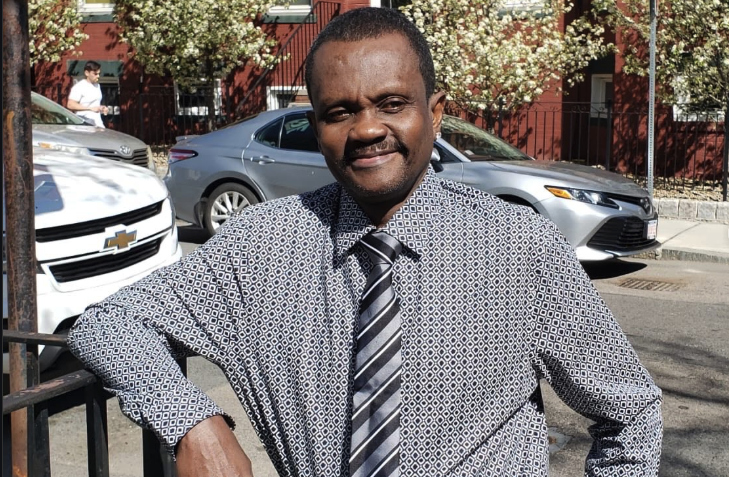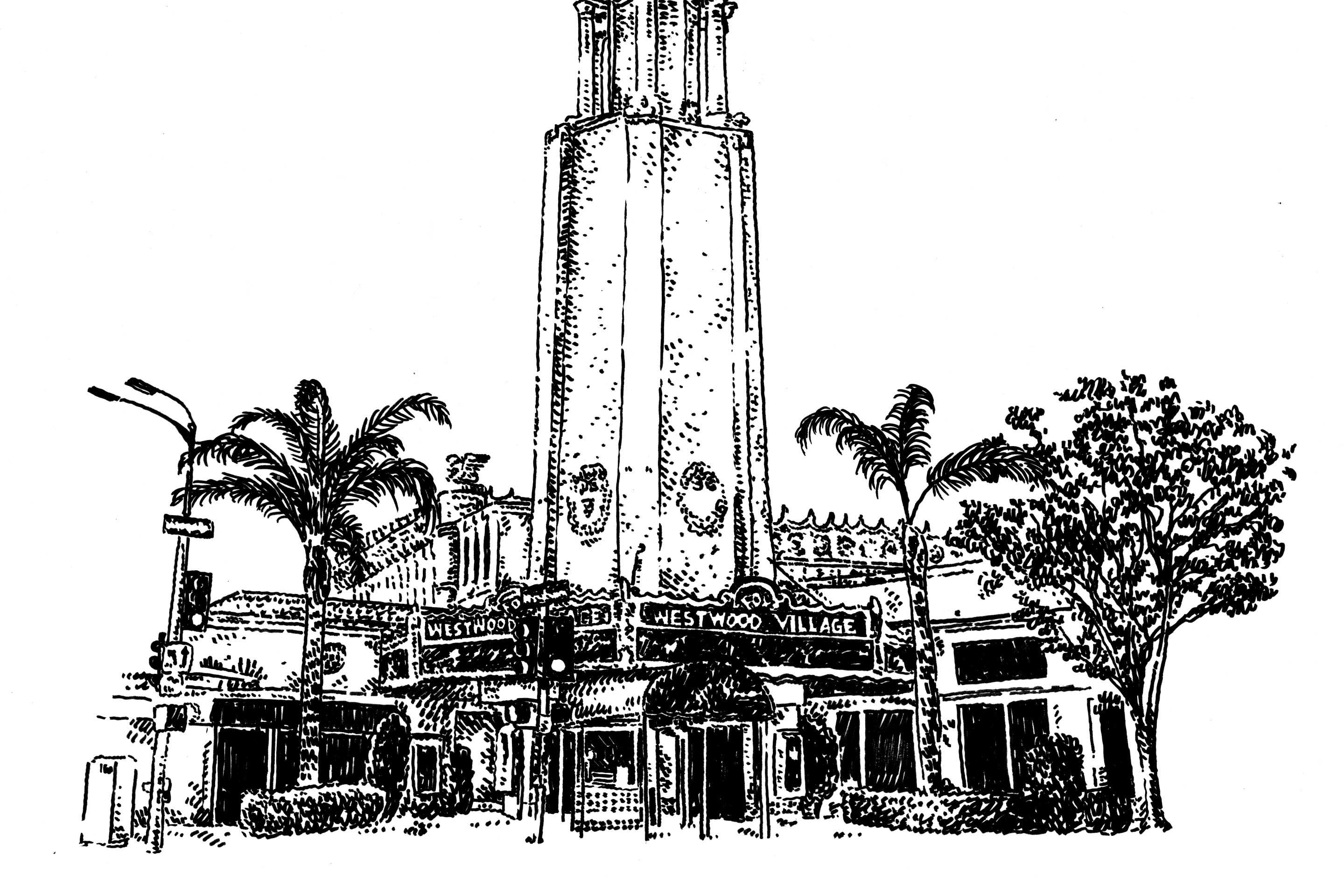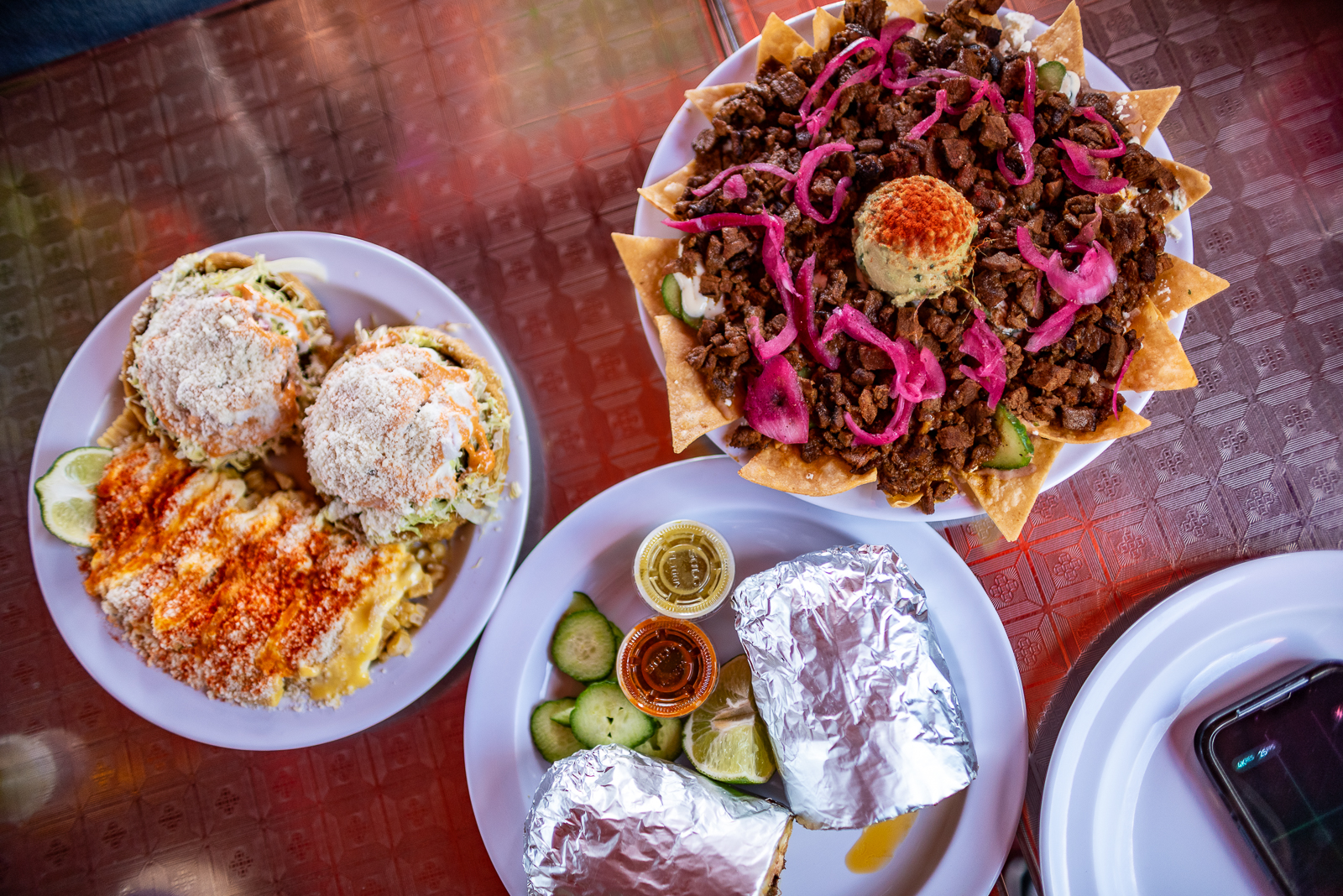This article was produced by Capital & Main, which is an award-winning publication that reports from California on economic, political, and social issues. L.A. TACO is co-publishing this article.
By Jack Ross
[dropcap size=big]I[/dropcap]f you were eating tacos at MacArthur Park’s Guatemalan Night Market on the afternoon of June 11, you might never guess that street vending is supposed to be legal in Los Angeles. Officials from the Department of Public Health — with LAPD officers in tow — descended on the street food hub at 6th Street and Bonnie Brae, throwing food into trash bags without a word to the outraged entrepreneurs.
As Los Angeles County reopens, enforcement of street vending regulations has spiked in recent weeks, with at least four raids of unpermitted vendors reported to L.A. Taco. The unannounced raids have startled vendors, who fear a return to a punishing old normal.
Then, following organized efforts by advocacy groups, on June 29 the city council approved a motion to temporarily halt enforcement.
With street vending, however, the city is only half the picture. Today the real fates of Los Angeles’ 10,000 vendors lie with the county and its Department of Public Health (DPH), which enforces an arduous state health code with raids of vendors carried out by DPH officials and armed law enforcement.
Current state health code requires vendors cooking food at their carts to have three-compartment sinks, an additional handwashing sink, ample refrigeration, trash, and storage space. The code was written for restaurants, and vendors cannot meet it.
A county pilot program is currently working to develop an affordable cart that can meet the health code, but it has not released its findings. Lead designer Naria Kiani says her team began by designing a cart that followed current health requirements to the letter—but the result was 12 feet long and weighed nearly 700 pounds.
Others before Kiani have failed. Richard Gomez, an engineer at food truck manufacturer Vahe Enterprises, says he has had multiple designs rejected by the DPH. They even rejected his most conservative design, a simple cart for tamales and prepackaged foods, asking him to include a microwave, he says.
The motion, introduced in March by Councilmembers Nithya Raman and Curren Price, establishes an enforcement moratorium until January 1, 2022, preventing the Bureau of Streets Services from issuing its unpermitted vending fines, which start at $250 and can rise to $1,000. Another motion introduced by Price keeps fees for city vending permits at $291 until July 1, 2022. The fee was set to rise to $541 on July 1 of this year. County permits cost $772 annually for vendors selling unpackaged food and $393 for prepackaged food vendors on top of a one-time, $746 cart inspection.
A vendor making an average of $10,000 a year could pay up to 18% of their income on permits the first year they are licensed. California lawyers, in contrast, pay $544 in annual bar dues, or 0.3% of their average income of around $171,000.
A spokesperson with the Department of Public Health would not confirm if the county agency would follow the city’s lead and halt enforcement until designers produce a code-compliant cart — or if the motion prevents the county from collaborating with LAPD officers on enforcement raids. “Los Angeles County Department of Public Health will be discussing with its City of Los Angeles partners the best approach to enforcing food safety issues presented by unpermitted street food vending,” the spokesperson wrote in an email.
Capital & Main asked the LAPD if it would continue working with county health officers in light of the city’s enforcement moratorium, but the department did not provide comment.
Capital & Main and L.A. TACO asked 18 Los Angeles politicians if they would support an enforcement moratorium until a viable cart was developed. Supervisors Janice Hahn and Hilda Solis outright declined to comment, as did Councilmembers Gil Cedillo, Paul Krekorian, John Lee, and Mark Ridley Thomas.
At a June 22 city hall press conference, vendors described dodging law enforcement while the health code thwarts their attempts to acquire permits. “When SB 946 passed in June of 2018, we were so excited because we thought, ‘Finally the abuse is going to end here,’” Merlin Alvarado said, referring to the state law decriminalizing vending in California. “The street vendors at Hollywood and Highland and on the Walk of Fame have been working for years, but we continue to suffer abuse and harassment at the hands of law enforcement every day.”
Raman and Price first submitted their motion after Capital & Main and L.A. TACO reported on vendors’ inability to meet the health code. When introducing the motion, Raman cited the report and thanked the publications on Twitter.
Capital & Main and L.A. TACO asked 18 Los Angeles politicians if they would support an enforcement moratorium until a viable cart was developed. Supervisors Janice Hahn and Hilda Solis outright declined to comment, as did Councilmembers Gil Cedillo, Paul Krekorian, John Lee, and Mark Ridley Thomas.
Councilmember Raman agreed to an interview and introduced the motion with Price on March 16.
“COVID-19 has been an incredible blow to our City’s small businesses and entrepreneurs — LA’s street food vendors are no exception,” Raman said in a June 29 statement. “Enforcing permits for street vendors without allowing for the implementation of a just and streamlined permitting process puts livelihoods in peril.”
Carla De Paz, a former union organizer who founded the Community Power Collective after helping to lead one of Los Angeles’ first waves of vending advocacy with the East Los Angeles Community Corporation, applauds the enforcement pause, with reservations.
“We are happy there is a grace period,” she says. “[But] this is not enough time to get vendors permitted.”
Vending advocates wanted an enforcement moratorium until the county designed and approved its code-compliant cart, according to De Paz. “We’re saying it’s unfair to cite vendors in the city of L.A. if they can’t get their county health permits,” she says.
Lyric Kelkar, policy director for Inclusive Action for the City, another prominent advocacy nonprofit, echoed De Paz. “I don’t think it makes sense to put a time limit on [an enforcement moratorium] right this second,” she says. “It’s not going to be settled by January 1, 2022.”
Los Angeles has criminalized vending since the 19th century when city officials and LAPD officers first skirmished with “tamale wagons” downtown. Then, following years of vendor organizing, the city legalized street vending in 2018, at least on paper.
In reality, the city’s 10,000 food vendors have not been able to acquire permits. The licensing process is expensive and complex, with different documents required from different agencies in different offices. A year and a half after Los Angeles began giving out permits, only some 90 vendors have actually acquired them, according to Councilmember Raman’s office, representing around 1% of the city’s food vending population.
Typically, says De Paz, a plainclothes county health officer will arrive first, sneaking photographs, a sign to vendors that a sweep is coming. Recently, DPH officers have arrived without warning, she says and begun confiscating food in silence.
Los Angeles’ permit program officially launched on January 1, 2020, but a six-month enforcement grace period was cut short two months later when the city council reimposed restrictions as the coronavirus crisis unfolded. Vendors and advocates say they never had a chance to navigate the new process.
Enforcement continued throughout the pandemic, and in recent weeks high-profile raids have frightened vendors. In DPH sweeps, county health inspectors fine vendors, confiscate their food and, in some cases, their equipment. DPH officials frequently sweep vendors in collaboration with the Los Angeles County Sheriff's Department, according to vending advocacy groups as well as vendors who spoke with Capital & Main and L.A. TACO, and even city police departments.
De Paz says she was surprised and disappointed to see the sweeps—and especially the police officers—considering how vocal her organization and others have been about city and county enforcement teams not working with police departments.
Typically, says De Paz, a plainclothes county health officer will arrive first, sneaking photographs, a sign to vendors that a sweep is coming. Recently, DPH officers have arrived without warning, she says and begun confiscating food in silence.
After the sweep at the Guatemalan Night Market, the DPH told L.A. TACO that LAPD officers accompanied teams on “pre-planned sweeps” for the safety of health officials, whom the agency claims have been threatened by vendors during raids.
The enforcement incidents occurred as De Paz and Kelkar’s nonprofits worked with the county to develop a cart. The nonprofits are also working with the DPH to identify potential relaxations in the health code.
“There has been some progress in the final stretches of our proposals,” says Kelkar. “[Negotiating] hasn’t led to any material changes yet. We’re hoping that it does.”
“We’re still feeling a lot of resistance from the Department of Public Health,” says De Paz.
Vendors are eager for the negotiations to bear fruit. At the June 22 press conference, vendor Julio Monterroso pleaded with city officials for better working conditions. “We’re asking the city, our councilmembers, Public Health, to not invisibilize us, to update the laws,” he said through a translator.
“We want the city to take into consideration that we are workers,” Monterroso continued. “We work for our families. And we want laws that are fair for us so that we can continue to work in this city.”
